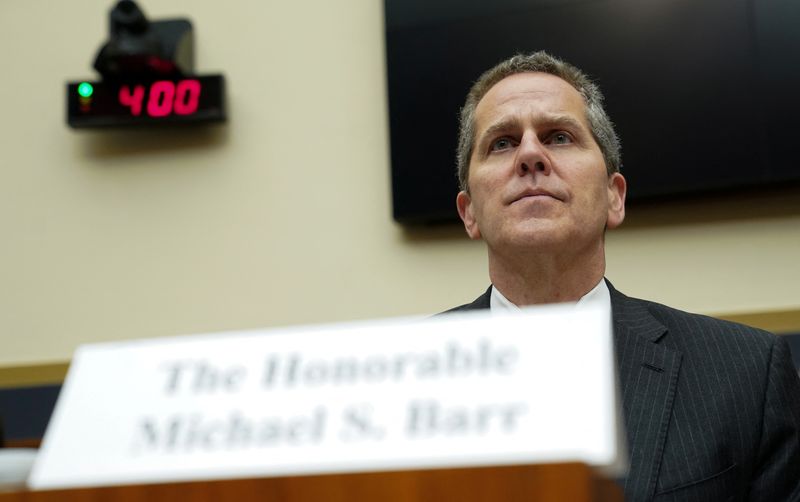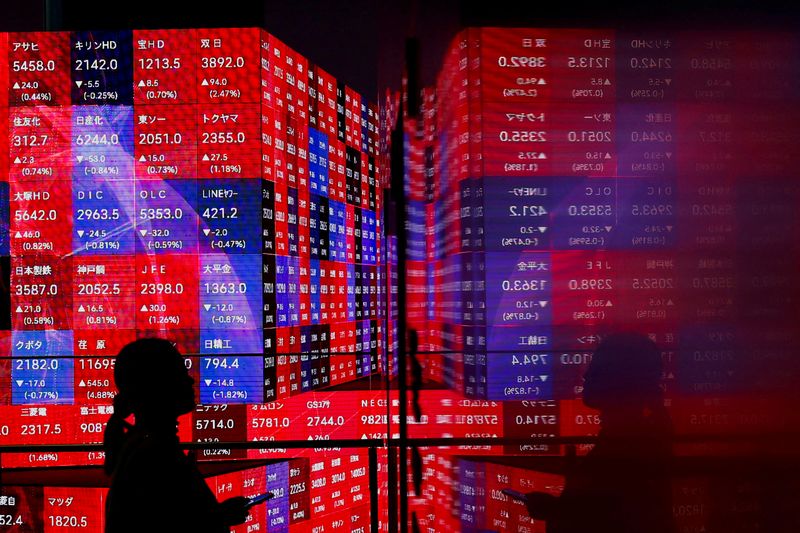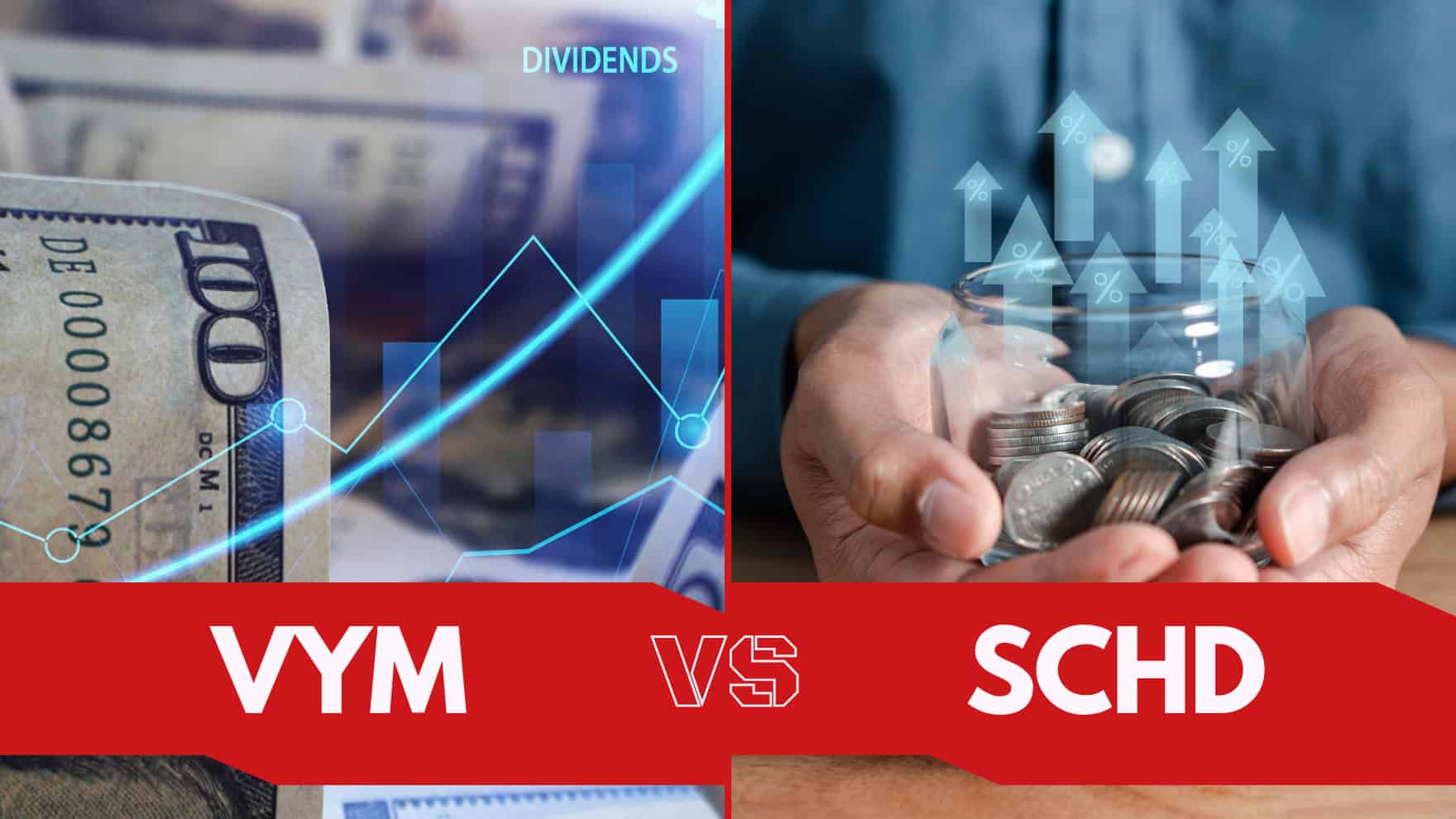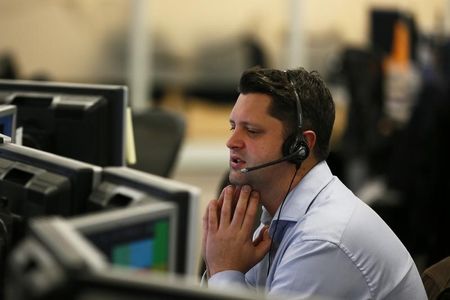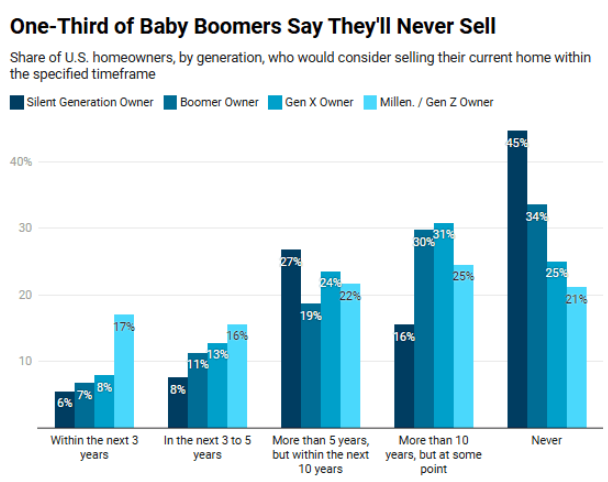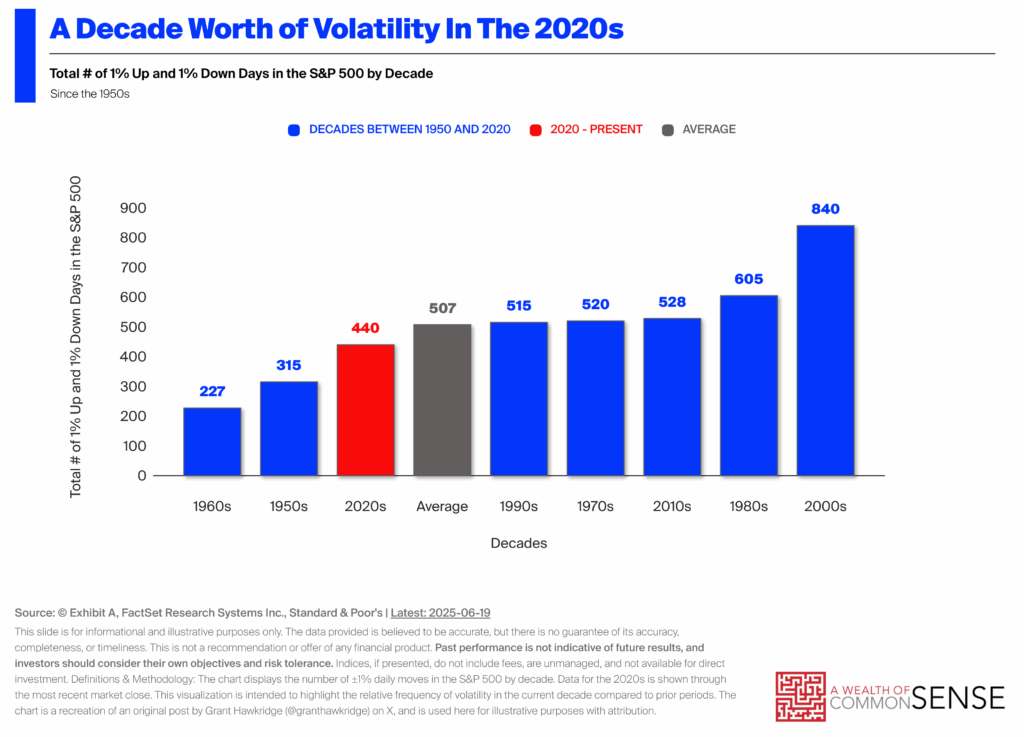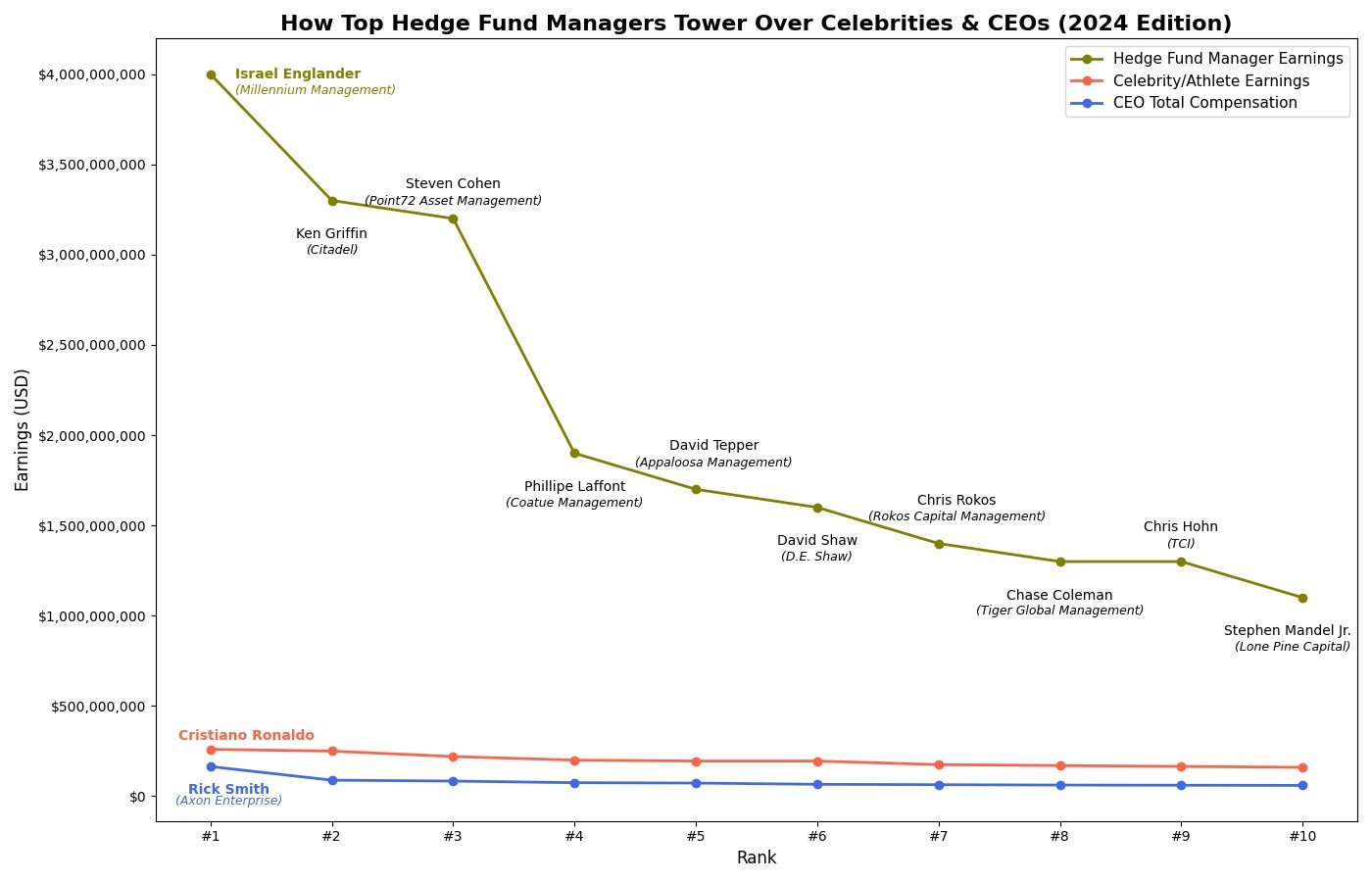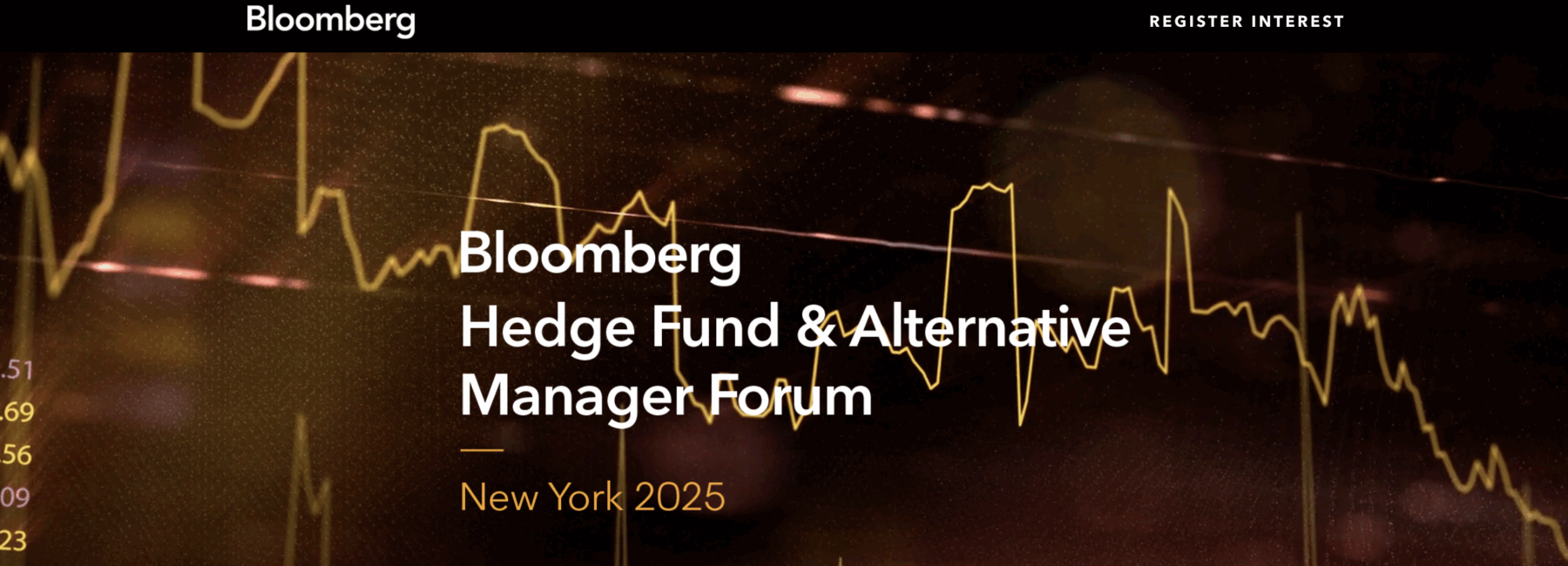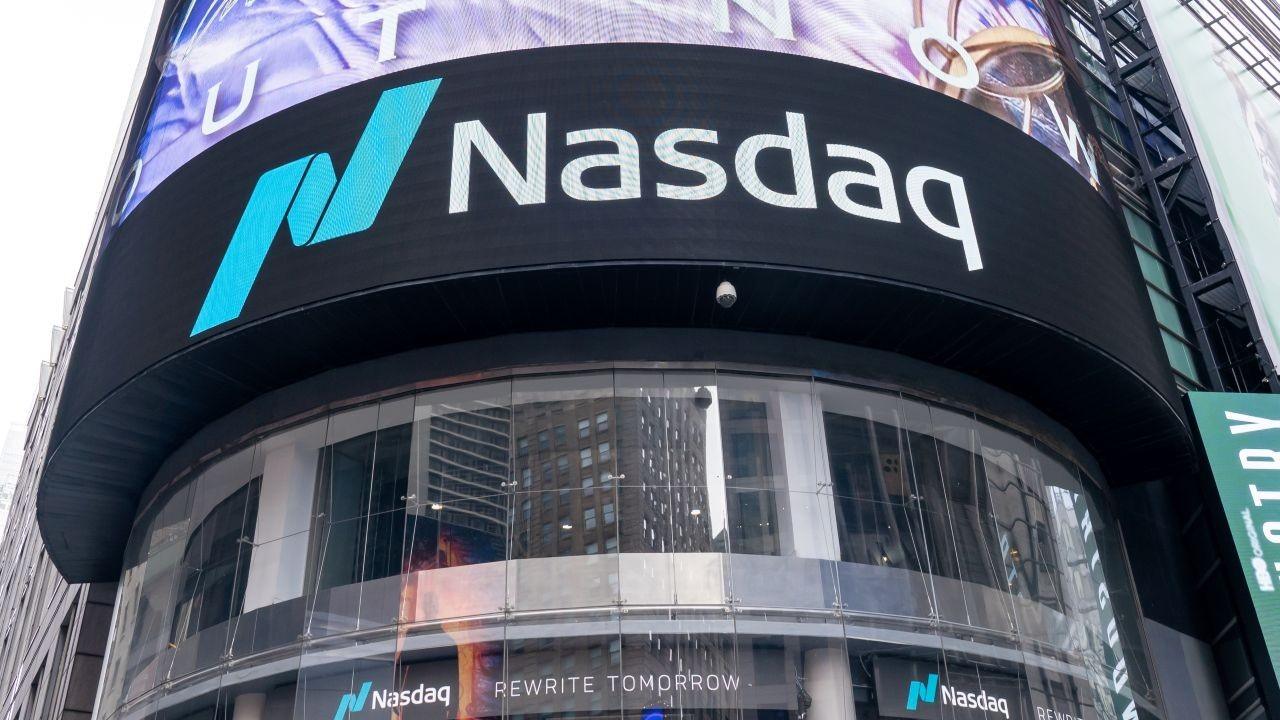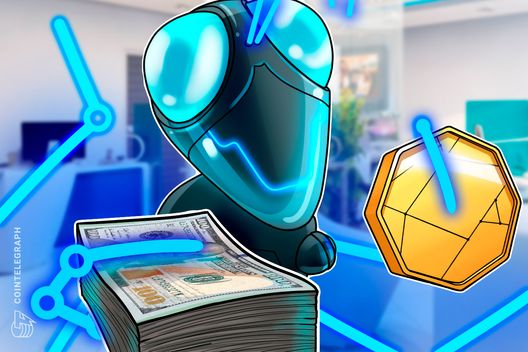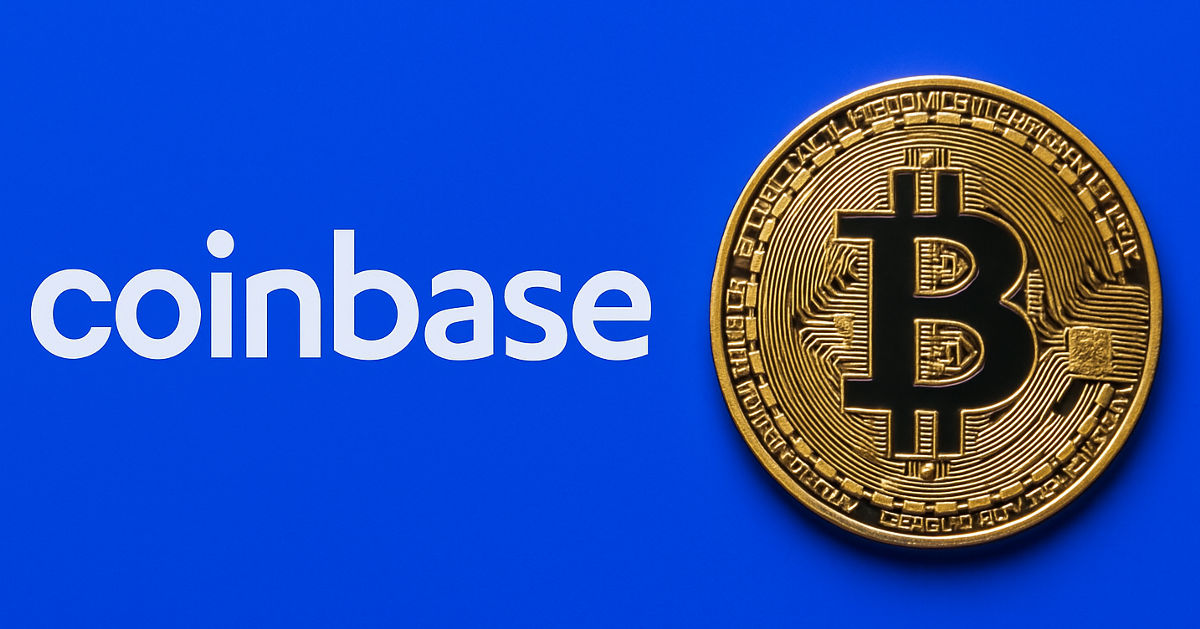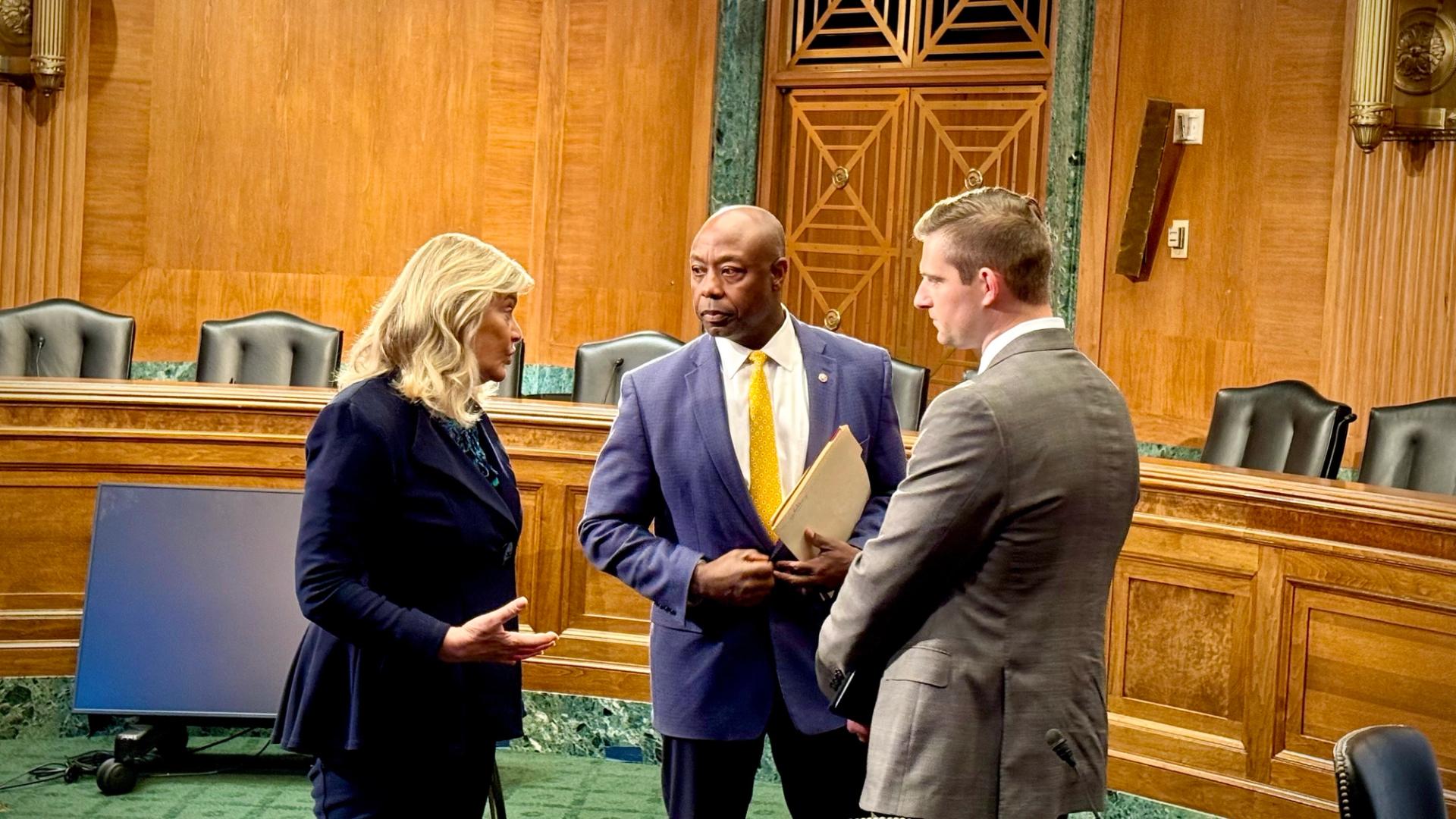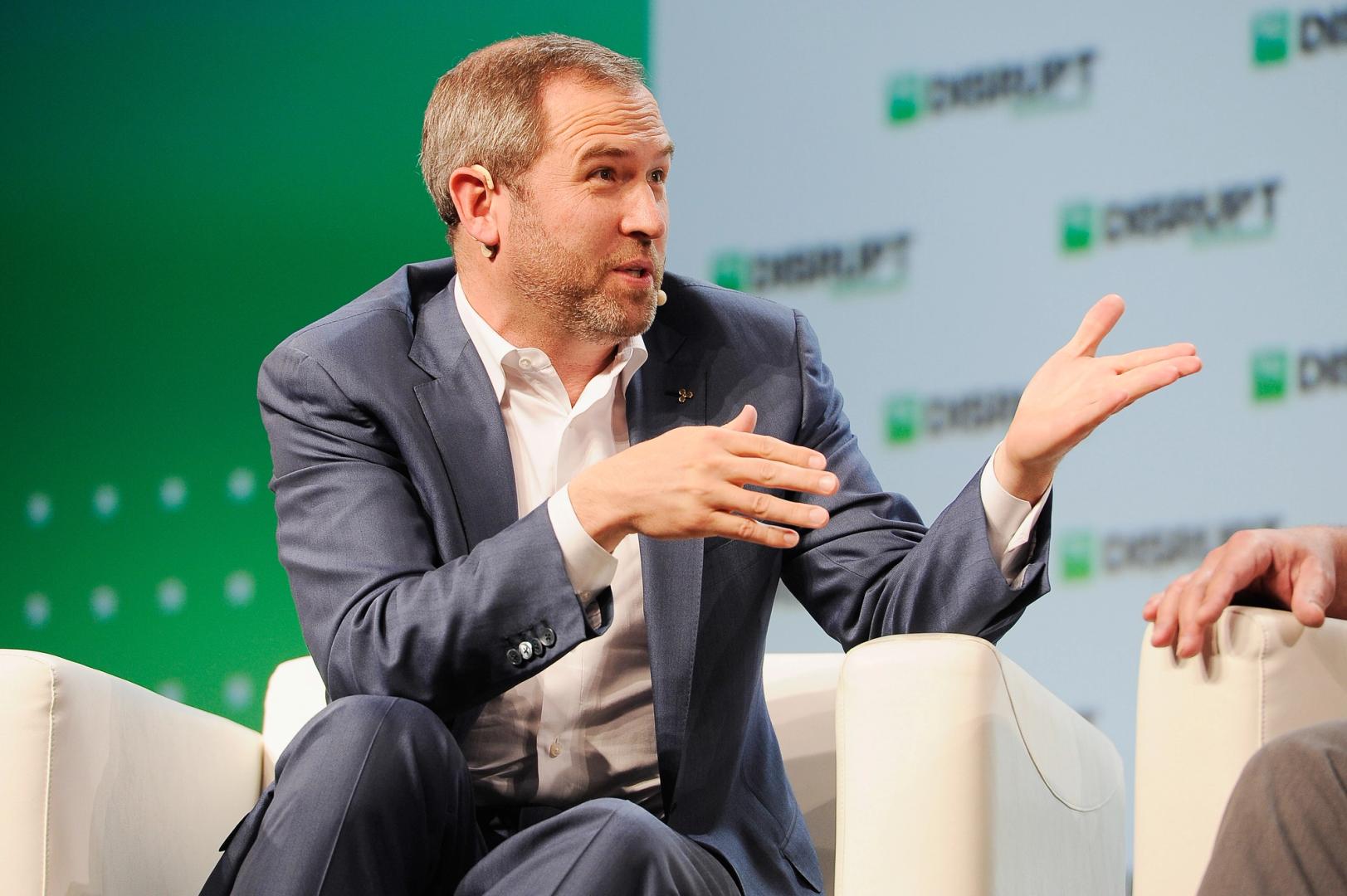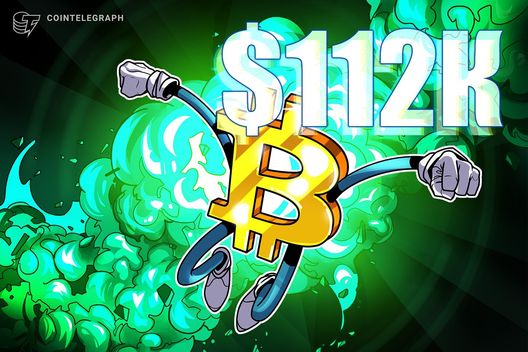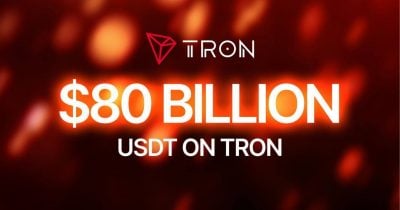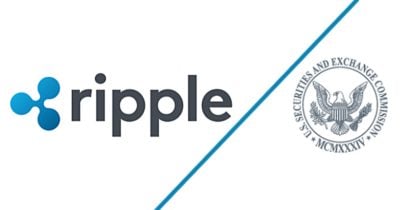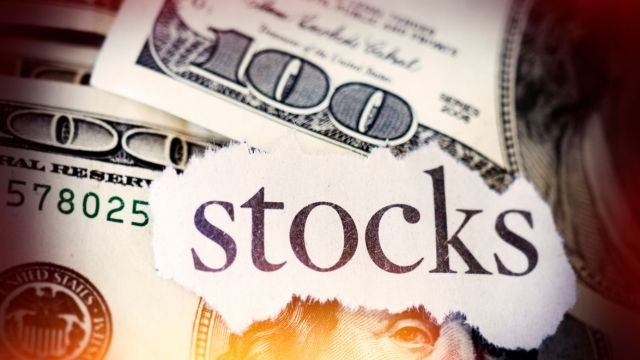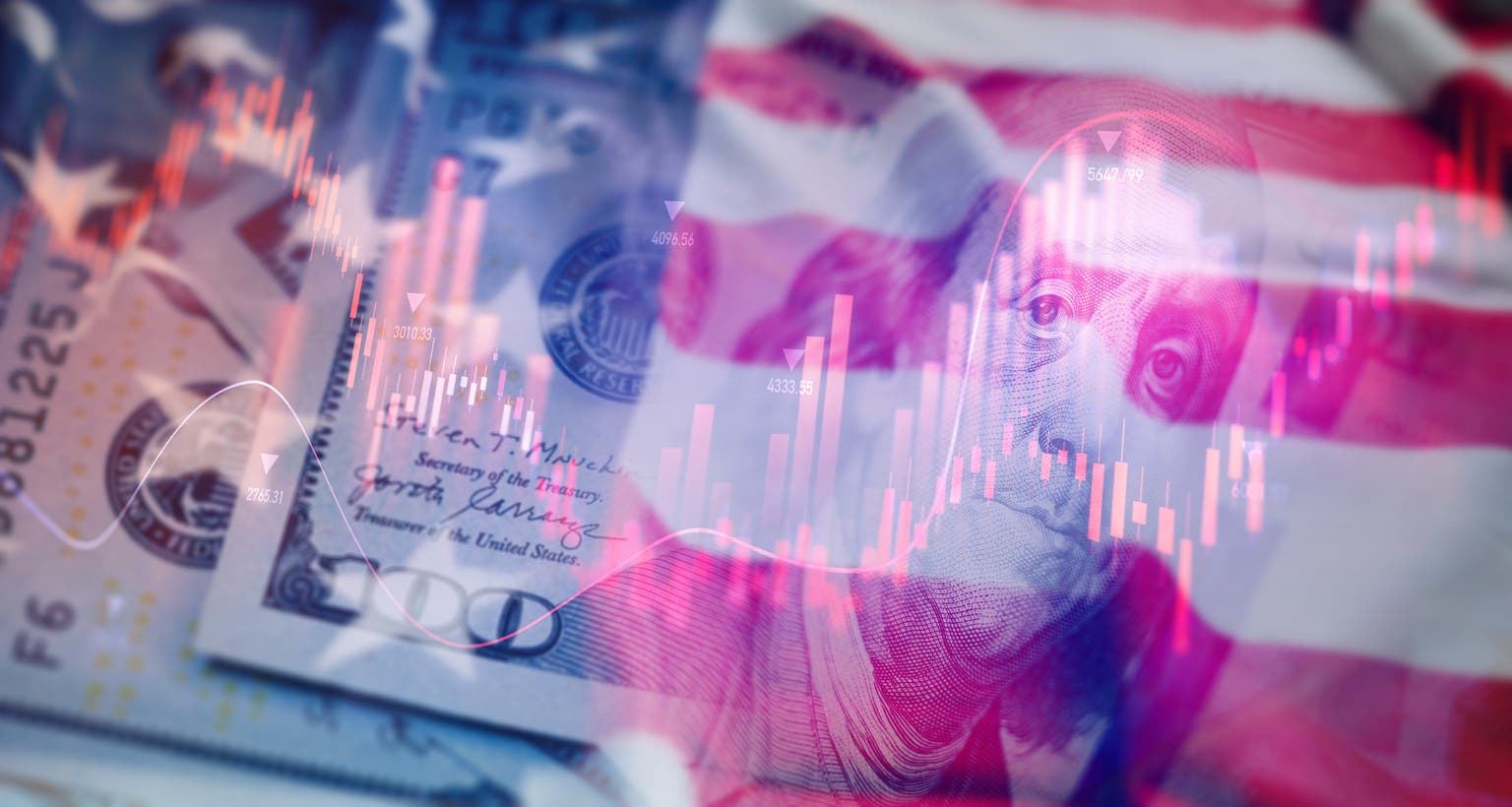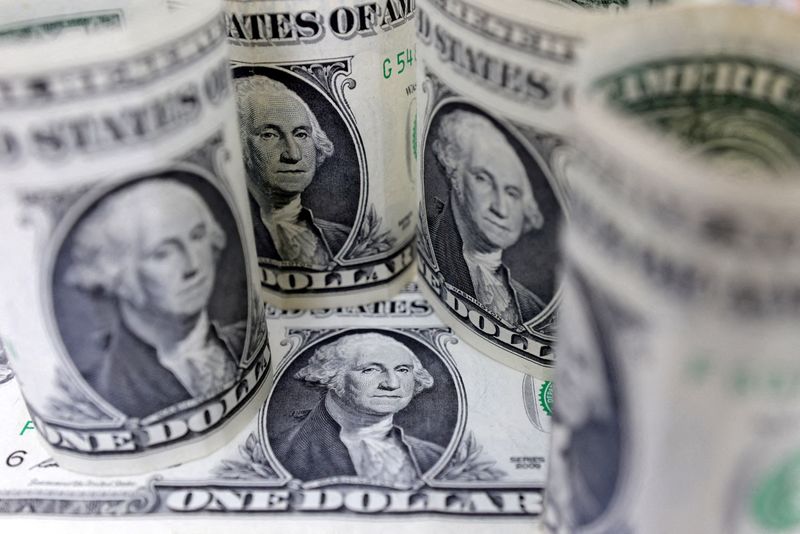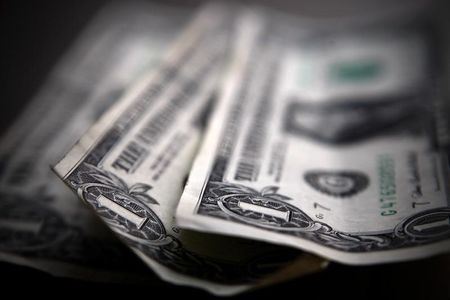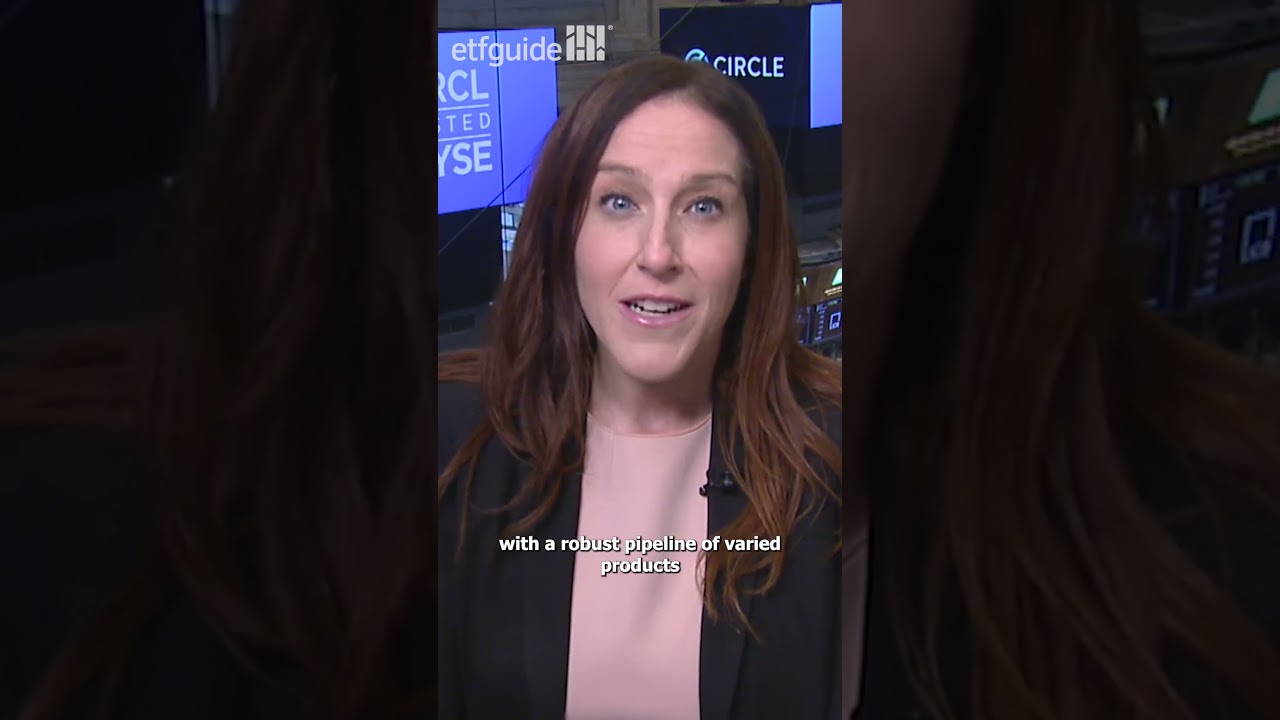Jim Cramer: ‘Trump Discount’ Is Hurting Markets
A Controversial Track Record Jim Cramer is a polarizing figure in financial media, known for hosting CNBC’s Mad Money and co-anchoring Squawk on the Street. A Harvard-educated former hedge fund manager, Cramer’s high-energy stock picks and market commentary have made him a household name among retail investors. However, his predictions are frequently criticized for their […] The post Jim Cramer: ‘Trump Discount’ Is Hurting Markets appeared first on 24/7 Wall St..
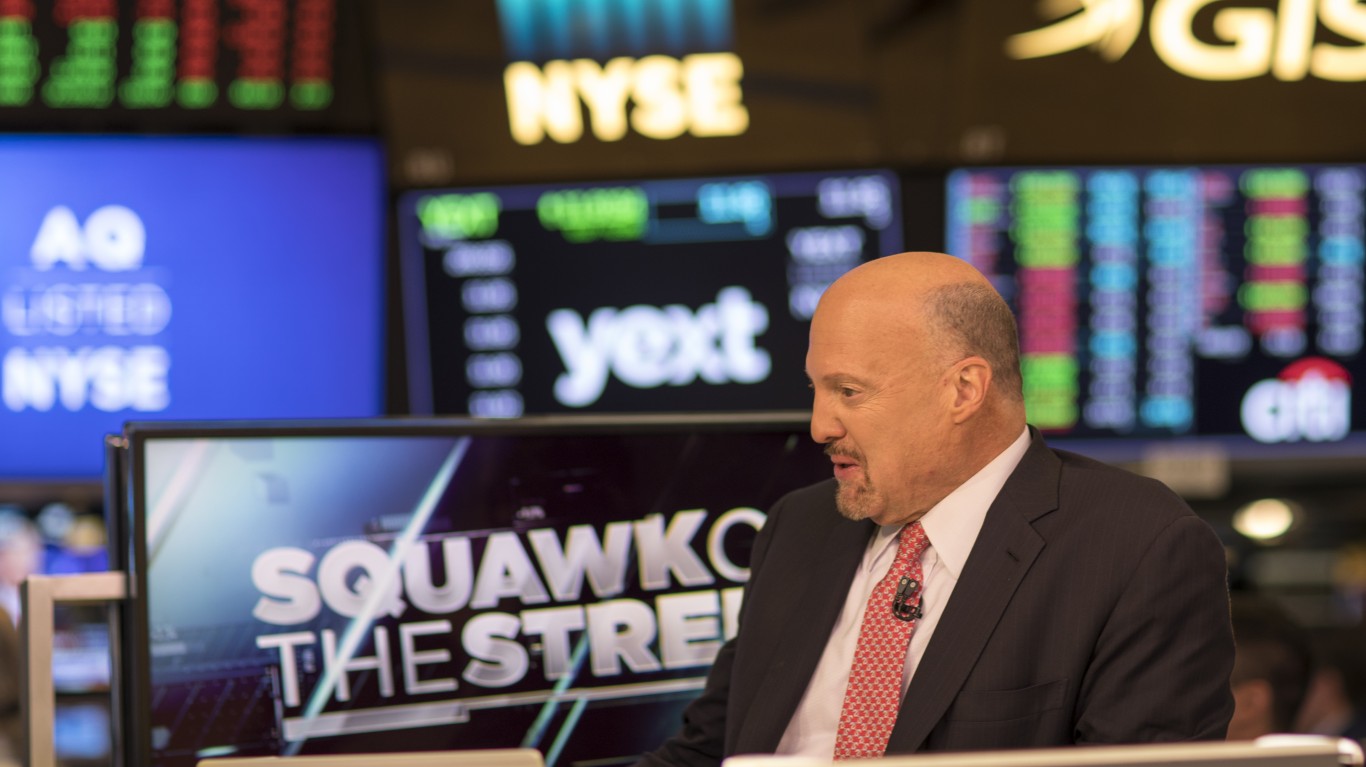
Due to his unreliable predictions and over-the-top policy complaints, investors would be better served by focusing on company fundamentals.
Nvidia made early investors rich, but there is a new class of ‘Next Nvidia Stocks’ that could be even better. Click here to learn more.
Key Points in This Article:
A Controversial Track Record
Jim Cramer is a polarizing figure in financial media, known for hosting CNBC’s Mad Money and co-anchoring Squawk on the Street. A Harvard-educated former hedge fund manager, Cramer’s high-energy stock picks and market commentary have made him a household name among retail investors.
However, his predictions are frequently criticized for their inconsistency, with many noting he’s often wrong about his stock calls. This reputation led to the creation of the Inverse Cramer ETF, which aimed to profit by betting against his recommendations. Although the ETF shut down due to lack of interest, an X account named “Inverse Cramer” continues to mock his calls, highlighting his spotty track record.
Cramer’s bold, sometimes erratic takes — such a a recent essay he wrote on a so-called “Trump discount” — often spark debate, with critics pointing to his tendency to overemphasize short-term noise over long-term fundamentals, making his advice a risky bet for investors.
Cramer’s “Trump Discount” Thesis
In his June 1 article, Jim Cramer argues that a “Trump discount” is suppressing U.S. stock market performance due to the unpredictability of President Trump’s policies. He contrasts Europe’s “consistency of mediocrity” with U.S. volatility, claiming the White House’s immense power creates instability.
Cramer cites examples across sectors: Nvidia’s (NASDAQ:NVDA) gains were short-lived due to policy uncertainty; retail stocks like Walmart (NYSE:WMT) face tariff-related confusion; drug companies suffer from shifting Medicare pricing policies and vaccine skepticism; food companies like Campbell’s (NYSE:CPB) face regulatory pressure from RFK Jr.; Apple (NASDAQ:AAPL) struggles with Trump’s push for U.S.-only manufacturing; software and internet giants like Salesforce (NYSE:CRM) and Alphabet (NASDAQ:GOOG)(NASDAQ:GOOGL) face unexpected scrutiny; banks see no regulatory relief; mergers and acquisitions are stalled by unpredictable cash flows; and energy stocks, despite Trump’s pro-drilling stance, lack momentum due to high costs and regulatory hurdles.
Cramer predicts continued market declines, noting a recent 1% S&P 500 drop, exacerbated by mixed signals about U.S.-China trade talks.
Flaws in Cramer’s Argument
Cramer’s thesis appears flawed for several reasons. First, his “Trump discount” overstates the impact of presidential policies on broad market performance. The S&P 500, far from being discounted, has gained since he wrote his article, and is near record highs, contradicting his bearish outlook.
Second, his sector-specific arguments lack depth. Nvidia’s volatility is more tied to market cycles and competition than Trump’s policies. Retailers like Costco (NASDAQ:COST) and TJX (NYSE:TJX) have thrived despite tariff fears, with Costco’s stock rising due to strong fundamentals, not a “Trump premium.”
Third, Cramer’s focus on short-term policy noise ignores long-term drivers like corporate earnings and consumer demand. His concerns about drug stocks, which he ties to RFK Jr.’s influence, overstate the impact of unconfirmed regulatory changes, since Medicare negotiation frameworks remain complex and slow-moving.
Similarly, his critique of Apple misinterprets global supply chain dynamics; India’s manufacturing shift is a strategic diversification, not a policy misstep.
Cramer’s Track Record and Market Misreads
Cramer’s historical inaccuracy fuels skepticism. The Inverse Cramer ETF, though defunct, capitalized on his poor track record, and the ongoing X account highlights his frequent misses.
His alarmist tone, comparing Trump’s influence to Andrew Jackson’s era, exaggerates political impact while downplaying market resilience.
For instance, energy stocks’ stagnation is less about Trump’s policies and more about global oil prices and ESG pressures, which Cramer barely addresses.
His claim that Europe’s markets outperform due to “consistency” ignores their own challenges, like Germany’s 2025 economic slowdown. By fixating on sensationalized policy risks, Cramer overlooks broader market trends, such as technology-driven gains and robust consumer spending, which have propelled the S&P 500 upward.
Key Takeaways
As always, focus on fundamentals, not noise. Investors should tune out sky-is-falling narratives like Cramer’s, which amplify short-term concerns over fundamentals. However, blind optimism about endless market gains is equally misguided. Markets naturally rise and fall, influenced by policies but driven by earnings, innovation, and economic cycles.
While presidential actions, like tariffs or deregulation, can create volatility, they don’t dictate long-term outcomes. Investors would do well to focus on business fundamentals — revenue growth, profit margins, and competitive advantages — rather than reacting to pundits like Cramer.
Consistent, long-term investing, diversified across sectors, remains the most reliable path to wealth creation, regardless of political headlines.
The post Jim Cramer: ‘Trump Discount’ Is Hurting Markets appeared first on 24/7 Wall St..





